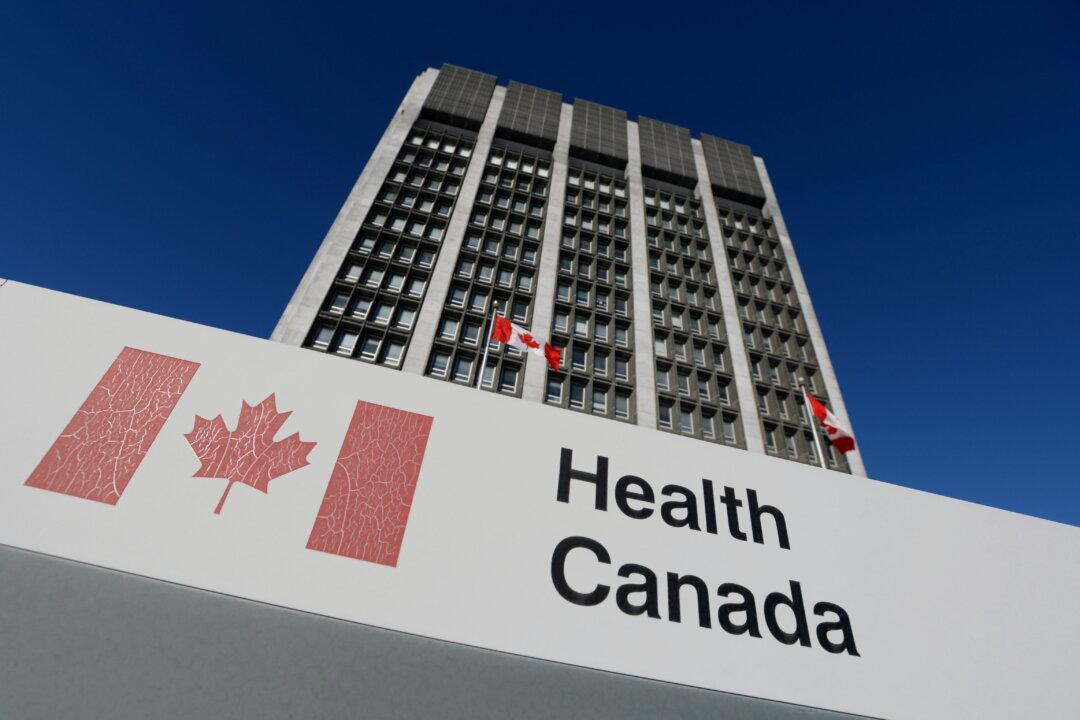Health Canada has spent hundreds of thousands of dollars on social media influencers to promote its messages, including over $132,000 related to COVID-19 vaccines.
The government tabled the information in a response to an Inquiry of Ministry filed by Conservative MP Michelle Ferreri, which was first reported by Blacklock’s Reporter.





